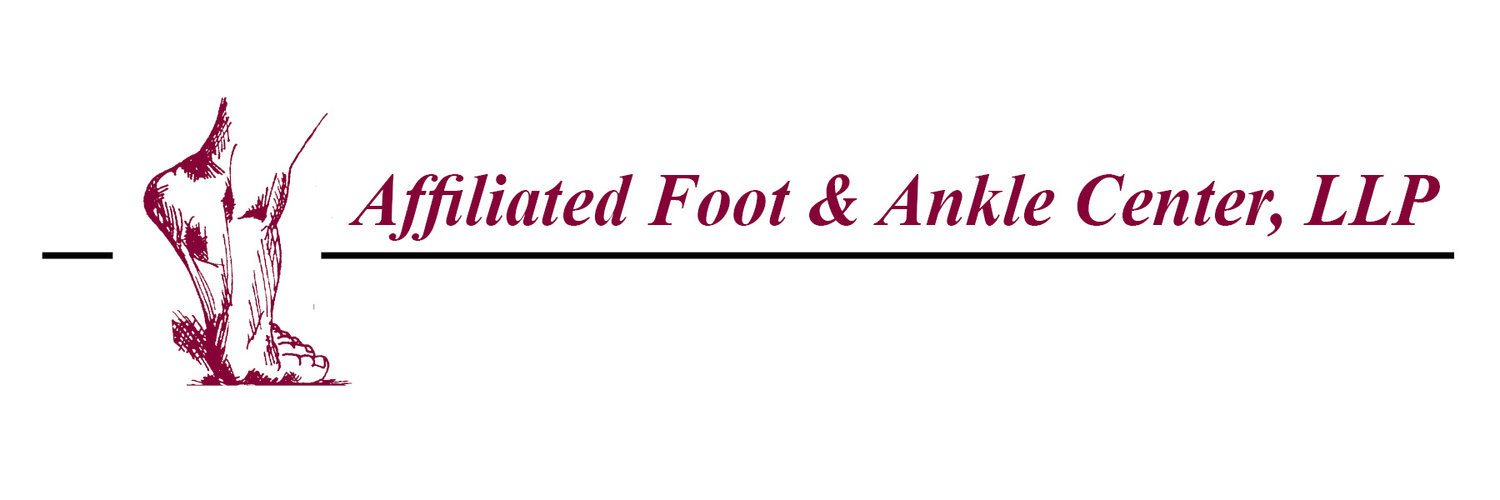Could You Have Raynaud’s?
/October is Raynaud’s Awareness Month, which we think is a good thing here at Monmouth County’s Affiliated Foot & Ankle Center. Many people are simply not aware of Raynaud’s disease - also called Raynaud’s phenomenon or Raynaud’s syndrome - even those who have it! So it’s a great idea to set aside one month to raise awareness of what this condition is, how to recognize it, and what you can do about it.
What is Raynaud’s?
People with Raynaud’s have a problem when their bodies get cold. Specifically, it’s a problem with their fingers and/or toes. They turn white. They might also turn red or deep blue. All fingers might be affected, or only a few. The whole toe might turn colors or just the top half. It varies from person to person, but the reason is the same and involves your blood vessels.
When you have Raynaud’s, the small arteries in your fingers and toes react to the cold by going into spasms. Blood can’t get through these vessels. They’ve become too narrow for the blood to pass through. So it’s the lack of oxygenated blood that causes the discoloration, pain, and numbness of Raynaud’s.
The exact cause of Raynaud’s is unknown. Why some people have fingers and toes that react to the cold in this manner is still a bit of mystery.
Is it dangerous?
Tissue damage can occur if the vasospasms are allowed to continue for a long time. So it’s important to get out of the cold and warm up the body when a Raynaud’s attack occurs. Once a person warms up, the symptoms of Raynaud’s will disappear and there are no lasting effects.
Raynaud’s is sometimes the result of an underlying disease. That is, it might be a symptom of another condition such as lupus, rheumatoid arthritis, or peripheral arterial disease.
When to call the doctor
Raynaud’s symptoms are often mild and need no specific care other than staying out of the cold. But if your toes are constantly cold, blue, or painful, make an appointment with our podiatrists Dr. Samantha Boyd, Dr. Hal Ornstein, Dr. Dan Phan, or Dr. Joseph Saka. We can perform a full examination of your feet to determine if you have Raynaud’s and if further testing or treatment is warranted. We have offices in Howell, and Jackson, New Jersey, with evening and Saturday hours available. Call us at (732) 905-1110 or make an appointment online.


